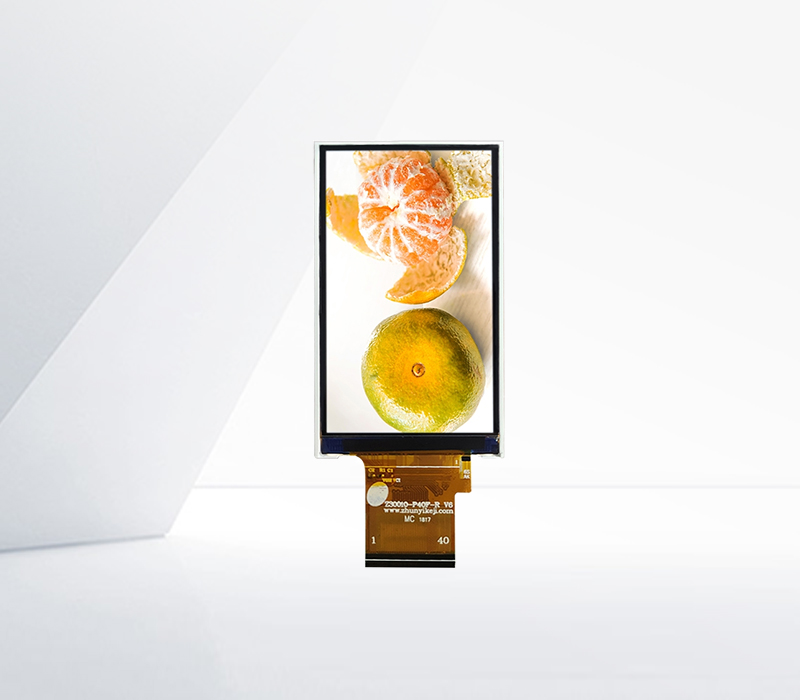




The anti - fingerprint coating process for touch panels is of great significance, especially for those used in intelligent water heaters. Fingerprints and smudges on touch panels not only affect the aesthetic appearance but can also interfere with the touch - sensing performance.
One of the commonly used anti - fingerprint coating materials is fluoropolymer. Fluoropolymer coatings work by reducing the surface energy of the touch panel. When a finger touches the panel, the low - surface - energy coating minimizes the adhesion between the skin's oils and the panel surface. This results in less fingerprint residue left on the panel. The application of fluoropolymer coatings typically involves a multi - step process. First, the touch panel surface is thoroughly cleaned to remove any contaminants. Then, the fluoropolymer solution is applied, usually through methods such as spraying or spin - coating. After application, the panel is cured at a specific temperature and for a certain period to ensure the formation of a durable and effective anti - fingerprint layer.
Another type of anti - fingerprint coating is the silica - based coating. Silica coatings form a nanoscale rough surface structure. Although it may seem counterintuitive, this rough structure actually helps in reducing fingerprint visibility. When light reflects off the coated surface, the nanoscale roughness scatters the light in a way that makes fingerprints less noticeable. The deposition of silica - based coatings often utilizes chemical vapor deposition (CVD) techniques. CVD allows for precise control over the thickness and uniformity of the coating layer. This ensures that the anti - fingerprint properties are consistent across the entire touch panel surface.
The anti - fingerprint coating process also needs to balance other properties. For example, the coating should not compromise the touch - sensitivity of the panel. The coating thickness and material composition are carefully optimized to ensure that the electrical signals from the touch sensors can still be accurately detected through the coated layer. Additionally, the coating must be resistant to abrasion. Since touch panels are frequently touched, the anti - fingerprint coating should be able to withstand repeated contact without losing its effectiveness. Special additives may be incorporated into the coating formulation to enhance its abrasion resistance.
the anti - fingerprint coating process for touch panels in intelligent water heaters is a complex but essential process. By carefully choosing the coating material and application method, manufacturers can create touch panels that not only look clean and presentable but also maintain their functionality and durability over time.
